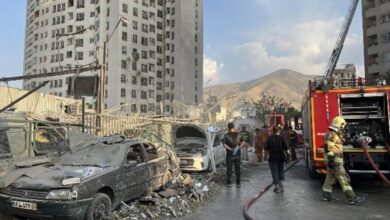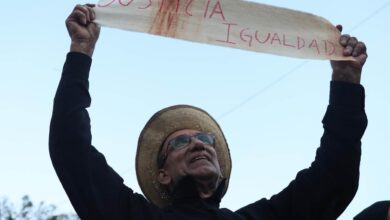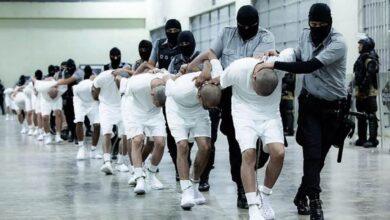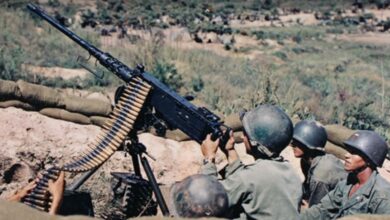Puerto Ricans Protest Military Build-up, Warn of Vieques Déjà Vu
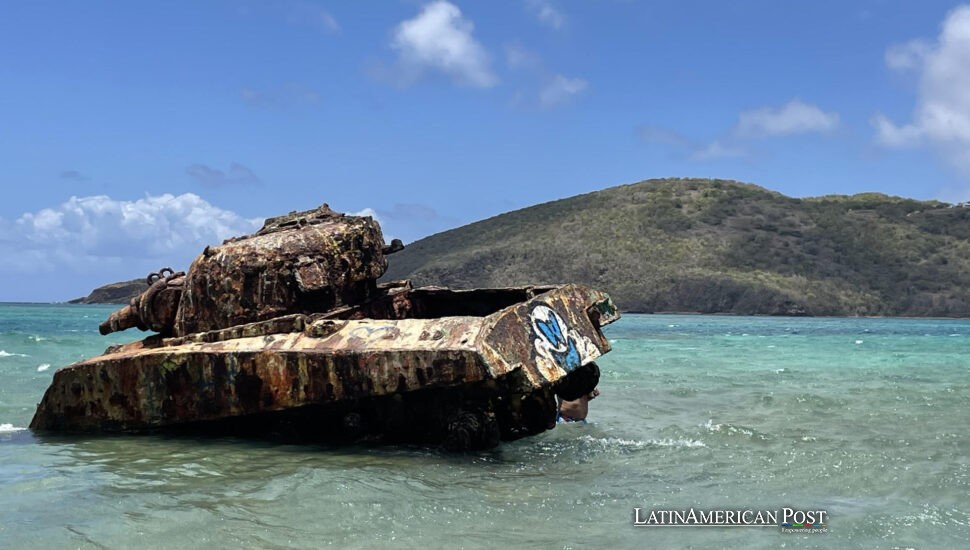
Last week’s protests across Puerto Rico against a new wave of U.S. military operations drew little response from officials or mainstream media. For residents of Vieques and Culebra, ignoring them risks reopening the wounds of contamination, cancer, and colonial disregard.
A Protest Wave: Officials Pretended Not to Hear
If visibility is power, last week’s marches across Puerto Rico ran into a wall of silence. Organized by Madres contra la Guerra, hundreds gathered to reject the expansion of U.S. military activity: amphibious landings, flight operations, and the pending arrival of ten F-35 fighter jets.
But the official response leaned on security, not health. “This has just begun,” Governor Jenniffer González declared after welcoming U.S. Secretary of War Pete Hegseth, promising a “repositioning” of forces to combat narcotrafficking and calling Venezuela’s Nicolás Maduro “the leader of the cartel in Venezuela,” in remarks reported by EFE.
Left unsaid: what those deployments mean for communities already scarred by militarization. “It causes anxiety, nerves, unease, knowing how our community has been directly affected by the militarization of the archipelago,” said Ilandra Guadalupe Maldonado, 27, from Vieques and a member of the Alianza de Mujeres Viequenses, which once sued Washington for human rights violations tied to Navy exercises. “I would not like to think of a repetition of history,” she told EFE.
Voices like Maldonado’s should have led newscasts. Instead, they were relegated to the margins, as if déjà vu were not reason enough to pause.
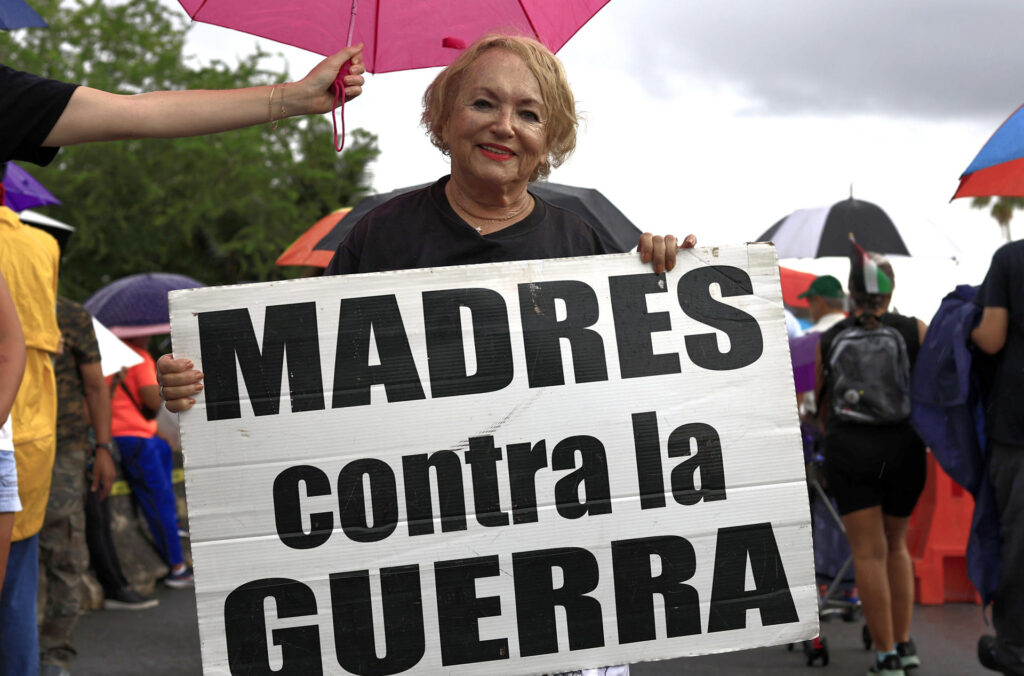
History Isn’t Past in Vieques and Culebra
To grasp the protests’ urgency, recall the long fight that ended just two decades ago. For six decades, the U.S. Navy treated Vieques and Culebra as firing ranges, leasing them to other nations, detonating live ordnance, and leaving toxins buried in soil and reefs.
Vieques, la Isla Nena, still bears the toll: Puerto Rico’s highest cancer prevalence, which residents connect directly to years of bombardment. “Six decades of militarization have left us with contaminated lands, contaminated people, fractured education, culture, identity—the list is long,” Maldonado told EFE.
The Navy did not leave voluntarily. In 2003, it was forced out by years of mass, nonviolent civil disobedience—citizens camping in firing zones, filling jails, uniting across parties. “When the Navy left Vieques and closed its military bases, it was not voluntarily,” recalled Adrián González, senator for the Puerto Rican Independence Party (PIP). “It was a civic, peaceful struggle,” he told EFE, “where not a drop of blood was shed.”
Also Read: Bolsonaro’s 27-Year Sentence Forces Brazil’s Right to Choose Between Loyalty and Reinvention
Yet the residue remains. Cleanup drags, unexploded bombs still litter fields, and trust is fragile. Against that backdrop, a new build-up feels less like strategy than the reopening of an unhealed wound.

